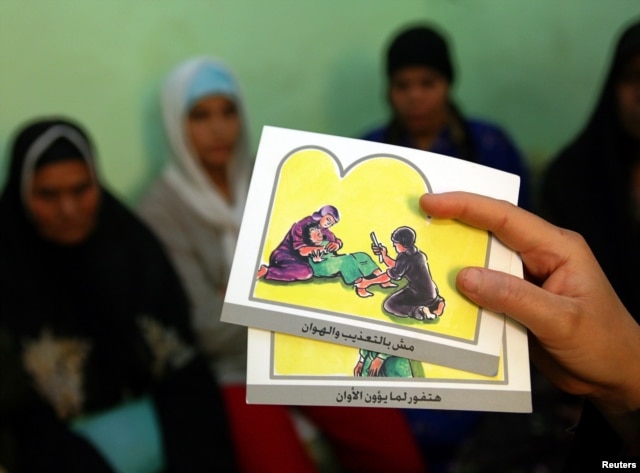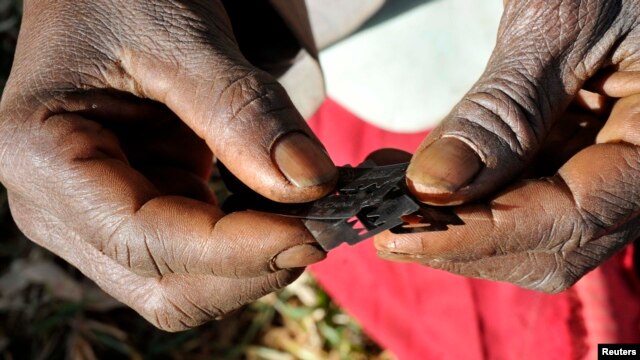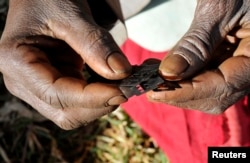Luddly Neddite
Diamond Member
- Sep 14, 2011
- 63,947
- 9,980
- 2,040
I've just been watching a documentary called Sarabah about a Senegalese musician traveling to villages ad doing free programs about FGM.
Two things really stand out in the footage of these people - One is that they speak 3 languages and the other is that some percentage of men are at least willing to consider ending the "tradition". And the majority of women.
It will be a long time before its completely abandoned though.
Two things really stand out in the footage of these people - One is that they speak 3 languages and the other is that some percentage of men are at least willing to consider ending the "tradition". And the majority of women.
It will be a long time before its completely abandoned though.



